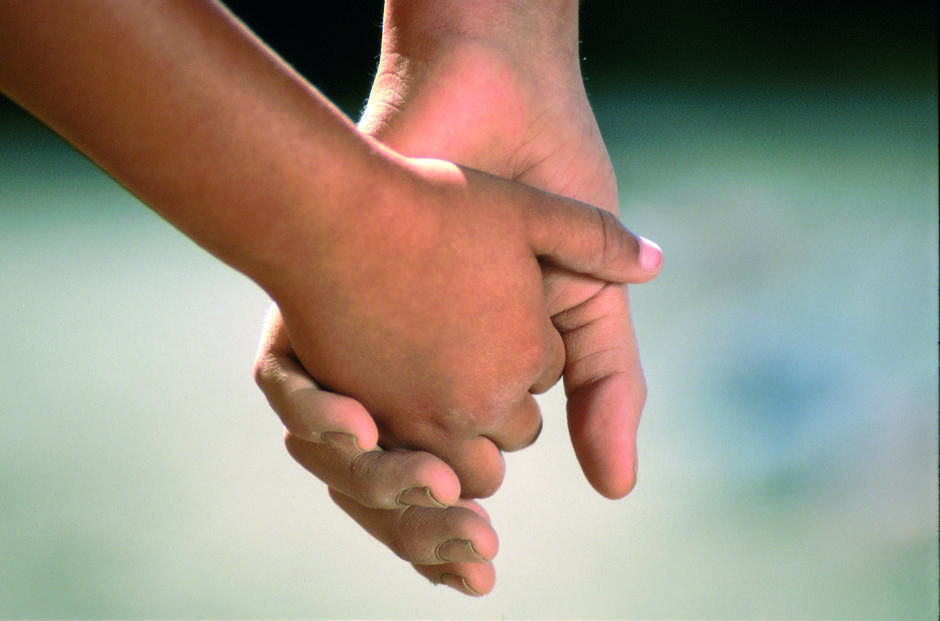
Social and Employment
Place
Bucharest, Romania
Sponsor
Arnaud Valleteau
Grant(s)
€20,000 to the Selection Committee at 2011/01/18
Project leader
Fondation Parada Romania
Although the situation has generally improved compared to the 1990s, it is estimated that about 800 abandoned children still live in the streets of Bucharest. This reality is especially tough because of the lack of residential structures that are adapted to their needs.
Originally founded by a clown in love with the circus arts, Fondation Parada Romania, a Romanian NGO, has been mobilizing among these children since 1996. Its activities have so far led it to work in three directions. It has in fact created a street action service, day and night, to set out to meet these young people; it has opened a day reception center offering activities and the answer to essential needs - getting a meal, washing - and it organizes meetings with the educational services and with psychosocial assistants. Fondation Parada also has a six-person apartment offering safety and security to the children and young people on the back-to-work route.
Yet its members felt that all this wasn't enough: schooling, vocational training or work, it is in fact extremely difficult to pursue this type of action steadily when one lives in the street.
Schooling, training and entry into professional life
To relax the strain, Fondation Parada now plans to open a residential center for social integration, open day and night, and offering real stability to those who enjoy no other possibility of housing. Designed on the family model, this center will enable the Fondation to achieve three new objectives: the active involvement of the beneficiaries, the satisfaction of their essential needs, and steady supervision toward education and professional integration.
Alongside other international lenders, the Veolia Foundation has decided to assist this new project. Between 10 and 50 young people (residing occasionally or full-time) will be welcomed to the center, will participate in its life as in a "real" family (cleaning up, dishwashing, house rules, etc.), can obtain care from a built-in medical surgery, and will be supervised by adults who, according to their age and aptitudes, will guide them toward steady schooling, to vocational training, or directly to a job.
Aimed at the 15-25 year cohort, this center is slated to become a sort of halfway house between the street and integration. It will not be converted into a lasting home, but rather into a place where one can come in, relax, find his own path, learn the basics of a social life, and start a new life project.

